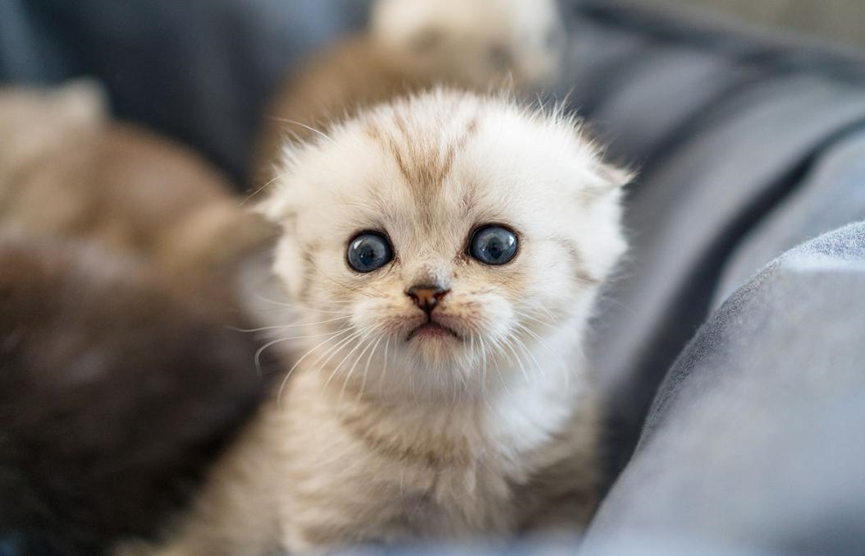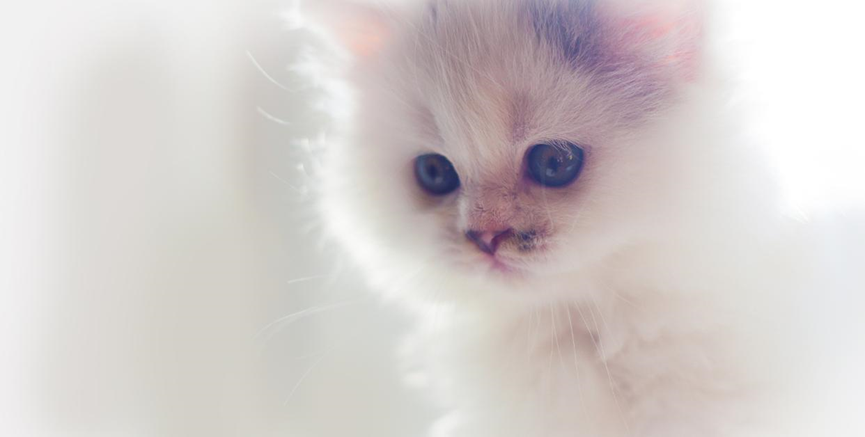
News list
新闻列表
The furry cat caresses its pants and acts coquettishly, while the wagging tail of the dog warmly welcomes you home. The companionship of pets brings countless warmth and joy to life. But while enjoying this healing, the hygiene and safety details during the pet raising process are often overlooked by people. An accidental, cute little one may inadvertently bury health risks. Mastering scientific knowledge of pet care is essential to truly achieve healthy coexistence between humans and pets.

1、 Pet daily cleaning: Don't let bacteria quietly set up camp
The fur on pets is like a fine net, which easily absorbs dust, dander, and even hides various microorganisms. Many people think that pets are not dirty and only give them a bath every few months, but this is actually a big misconception. Taking cats as an example, although they love to lick their fur and clean themselves, they can only clean up to the surface, and dirt still exists in the folds of their skin and the roots of their fur. Long term non bathing can not only cause pet odors, but also easily lead to skin problems, which may affect the owner through intimate contact.
There are also rules for bathing pets. To choose shower gel suitable for their skin type, one should not be tempted to use human bath products for convenience. Due to the different pH levels of pets' skin compared to humans, improper use may damage the skin barrier, leading to hair loss, itching, and other conditions. The frequency of bathing should also be reasonable. It is advisable to wash once every 7-10 days in summer and once every 15-20 days in winter. After taking a shower, be sure to dry your hair thoroughly with a highly absorbent towel and then use a hair dryer. Wet hair can easily breed bacteria and fungi.
Besides bathing, pet oral hygiene cannot be ignored. It's not very practical to brush your pets' teeth every day, but you should use pet specific toothbrushes and toothpaste at least 2-3 times a week to help them clean their teeth. Food residue left in the mouth can cause problems such as bad breath and dental calculus. These dirty things may also enter the pet's body through licking, affecting their health and causing inconvenience during intimate interactions with their owner.
2、 Home Protection: Creating a Safe and Harmless Living Environment
Having pets at home is like having a curious "little explorer" who is interested in everything and likes to smell and bite. So, it is necessary to take home protection measures in advance to avoid pets ingesting harmful substances. Like the common lily, it is a beautiful flower for humans, but a deadly poison for cats. Once ingested, it may cause kidney failure. Chocolate, grapes and other foods pose a huge health threat to dogs. Therefore, these dangerous items should be kept out of reach of pets, and flower pots are best placed on enclosed balconies or higher shelves.
Wires and data cables are also "targets of destruction" for pets. They may treat these wires as toys, and during the biting process, not only will they damage the items, but there is also a risk of electric shock. You can wrap the wires with conduit or store unused wires properly. At the same time, the garbage bin at home should be covered to prevent pets from rummaging through garbage, accidentally eating spoiled food or sharp objects.
In addition, regular deep cleaning and disinfection of the home is also important. Areas where pets frequently move, such as nests, toys, and food bowls, should be wiped with pet specific disinfectants. Ordinary disinfectants may irritate pets' respiratory tract and skin, so they must not be used casually. Conduct a full house cleaning at least once a week, and carefully clean corners when sweeping or mopping to prevent dust and hair accumulation.

3、 Intimate contact has a 'forbidden zone': small details to protect each other's health
Playing intimately with pets is a great pleasure in pet ownership, but it is also important to maintain an appropriate distance. Do not let pets share bowls, chopsticks, or water bottles with yourself, and do not let them come into direct contact without cleaning after going to bed or on the sofa. Pets' paws and mouths may carry bacteria. They run around on the ground, their paws covered in dirt, and when they jump onto sofas or beds, they can easily bring bacteria into our living space.
After petting pets, be sure to wash your hands promptly. Especially before eating or touching the mouth, nose, and eyes, prevent bacteria from entering the body. If a pet has wounds, avoid direct contact to prevent infection. At the same time, it is also necessary to regularly trim the nails of pets to prevent them from accidentally scratching themselves or their families while playing.
For families with elderly or children, it is even more important to strengthen hygiene management. The immunity of the elderly and children is relatively weak, making them more susceptible to bacterial and viral infections. Special activity areas can be prepared for pets to avoid excessive contact with people with weaker resistance.
Summary: Keeping pets is a journey full of love and companionship. As long as we pay attention to hygiene and safety issues during the pet raising process, and do every detail well, we can make this companionship more long-lasting and warm. From now on, take action to create a healthy and safe living environment for yourself and your pets, allowing people and pets to truly walk together in health and share beautiful moments.

